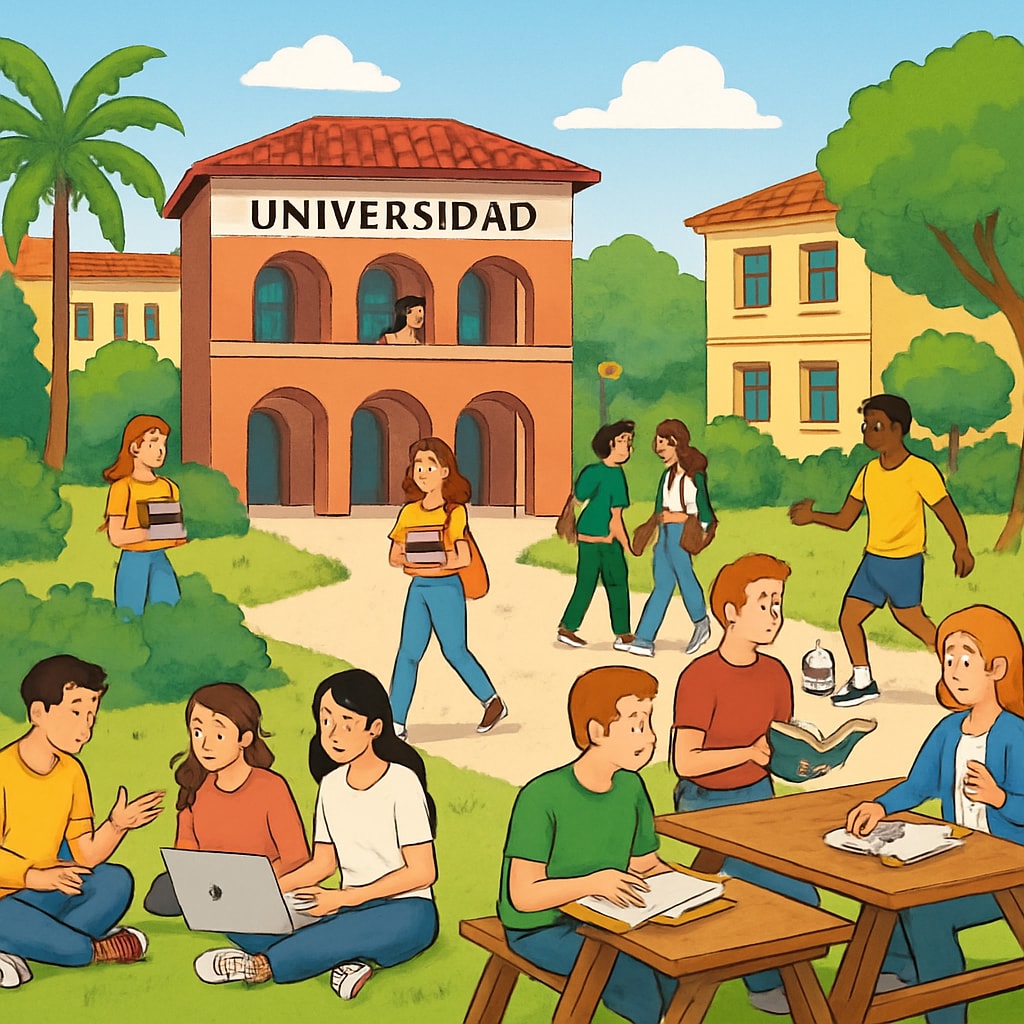Pursuing a master’s degree in Spain presents an exciting opportunity for students seeking both academic excellence and cultural enrichment. The journey of studying abroad, however, requires careful preparation. This article will dive into three critical dimensions: cultural adaptation, language preparation, and educational alignment, to help prospective students and their families make informed decisions about studying in Spain.
Understanding the Cultural Landscape of Spain
One of the first challenges that international students face is cultural adaptation. Spain is renowned for its rich history, vibrant traditions, and diverse regional identities. Students may encounter differences in social customs, communication styles, and academic environments. For example, the Spanish lifestyle often emphasizes work-life balance, with long lunches and late evenings, which might differ significantly from other countries.
To ease the transition, students can immerse themselves in Spanish culture before arrival. Watching Spanish films, following local news, or even connecting with Spanish expatriate communities in their home countries can provide valuable insights. Additionally, understanding cultural nuances, such as the importance of family and social gatherings, will help students integrate more effectively into their new environment.

Language Preparation: Key to Academic and Social Success
Although many master’s programs in Spain are offered in English, proficiency in Spanish remains a valuable asset. Day-to-day interactions, from grocery shopping to networking events, often require at least a conversational level of Spanish. For students planning to work or intern during their studies, fluency in Spanish can significantly enhance employability.
Preparing for this linguistic shift involves several strategies: enrolling in language courses, practicing with language exchange partners, or using apps like Duolingo to build vocabulary. Many universities also offer pre-sessional language programs, which can provide a structured introduction to academic Spanish.
For those concerned about language barriers, it is reassuring to know that Spain has a welcoming environment for international students. Institutions often provide support services, such as bilingual advisors and language tutoring, to help students succeed.

Ensuring Educational Alignment with Your Goals
Beyond cultural and linguistic preparation, aligning academic goals with the offerings of Spanish universities is crucial. Spain is home to some of the top universities in Europe, such as the University of Barcelona and Autonomous University of Madrid, which are renowned for their programs in fields like business, engineering, and the arts. Students should research program curricula, faculty expertise, and available resources to ensure their chosen program meets their career aspirations.
Additionally, students must consider the Bologna Process, a European framework that standardizes higher education qualifications. Most master’s programs in Spain are structured to align with this system, ensuring compatibility with other European degrees and enhancing employability across Europe.
It’s also important to understand admission requirements. While many programs accept international degrees, students may need to provide proof of equivalency, recommendation letters, and standardized test scores such as the GMAT or GRE, depending on the field of study.
Key Takeaways for Future Students
To summarize, pursuing a master’s degree in Spain involves three main areas of focus:
- Cultural Adaptation: Prepare for Spain’s unique lifestyle and traditions through pre-arrival research and cultural immersion.
- Language Preparation: Develop Spanish proficiency to navigate daily life and academic settings effectively.
- Educational Alignment: Research programs thoroughly to ensure they align with your academic and career goals.
By addressing these dimensions, students can maximize their experience and make the most of their international education journey. As a result, studying in Spain becomes not just an academic pursuit but a transformative life experience.
For more information about studying in Spain, consider exploring resources such as the Education in Spain on Wikipedia or the Higher Education Overview on Britannica.
With the right preparation, the challenges of cultural adaptation, language learning, and academic alignment can become stepping stones to a successful and enriching master’s journey in Spain.


